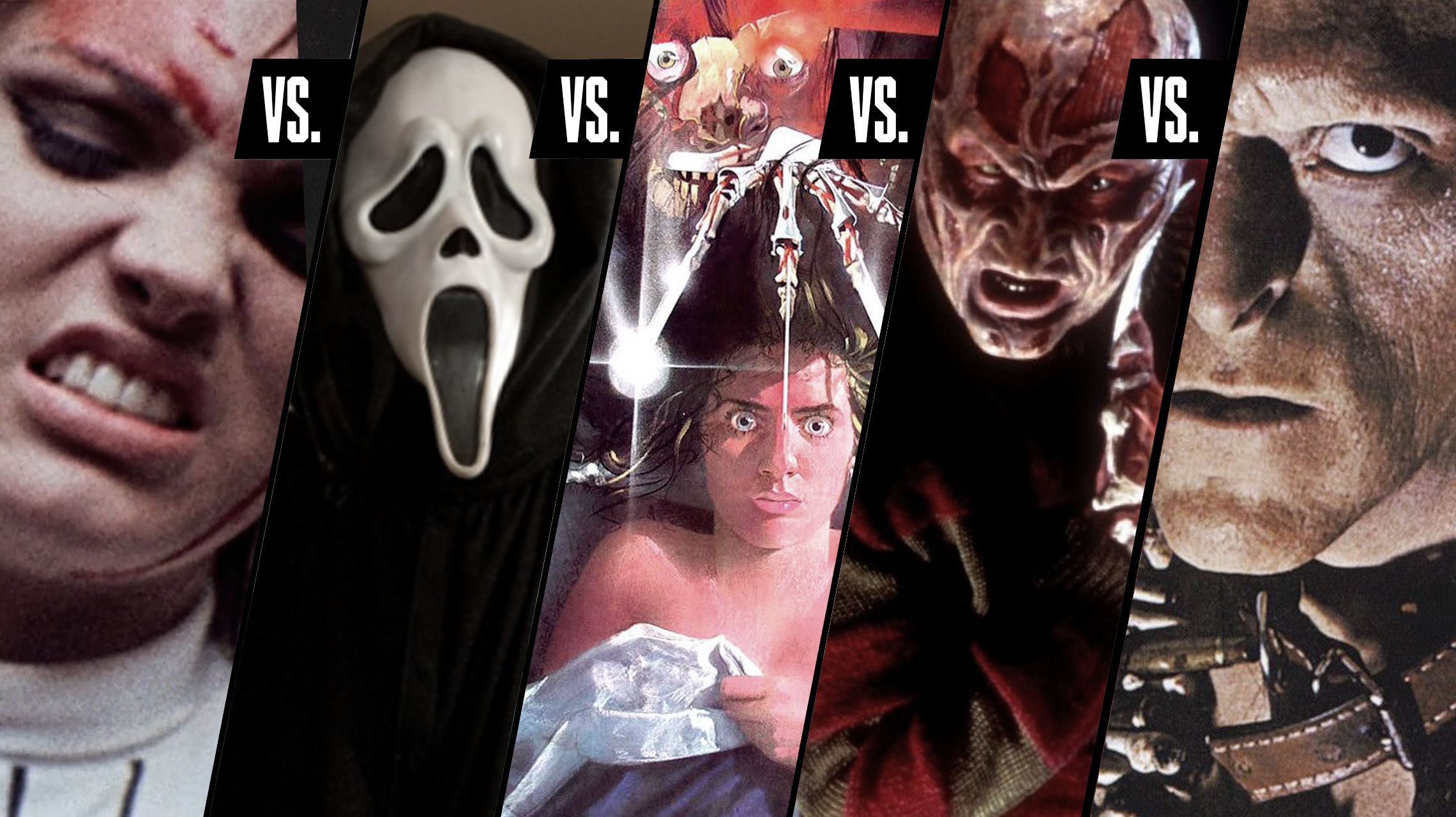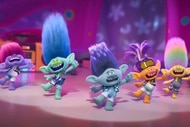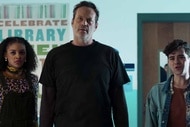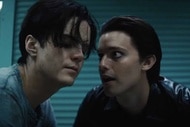Create a free profile to get unlimited access to exclusive videos, sweepstakes, and more!
Debate Club: Horror icon Wes Craven's 5 best films

Welcome to Debate Club, where Tim Grierson and Will Leitch, the hosts of the Grierson & Leitch podcast, tackle the greatest arguments in pop culture.
Wes Craven didn’t want to be thought of as just a horror filmmaker — he also directed the Oscar-nominated Meryl Streep drama Music of the Heart — but near the end of his life, he realized that he couldn't escape that description. "Sometimes you fight what you are, what you're doing," he once said. "At a certain point you say, you know, I'm really good at this and people really seem to enjoy what I do, and I've definitely left a mark on American cinema of some sort or another."
Dying in 2015 at the age of 76, Craven crafted a crop of movies that, years later, still manage to unnerve audiences. Some horror films end up feeling tame over time — his resonate because of the universal terrors he tapped into. For this week's Debate Club, we pay homage by picking his five finest films.
05. Wes Craven’s New Nightmare (1994)
After seeing his series ripped to shreds by some truly awful sequels — remember, one of these featured Roseanne and Tom Arnold — Craven returned to the vibe of the original hit, with Heather Langenkamp, his original star, but went in a meta-direction.
Here, the first film is so powerful that it has, in fact, conjured Freddy Krueger to life, much to the bewilderment and horror of Langenkamp, Robert Englund, and even Craven, all playing themselves. This leads to the filmmaker and his stars reevaluating their whole legacy and life's work... while, of course, trying to stay alive.
04. The Hills Have Eyes (1977)
Inspired by a book he found in the library about mass murderers, which included a mention of a cannibal clan from the 16th century, Craven delivered this nightmarish riff on dysfunctional family units. A seemingly ordinary family travels into the California desert, only to discover that they're stranded in the middle of nowhere — and that the only inhabitants are a bunch of violent weirdos who enjoy the taste of human flesh.
Hollywood in the 1970s was known for its iconoclastic, rebellious portraits of a fractured America, and The Hills Have Eyes fits that mold — it's as anarchic and passionate as, say, Nashville. But it’s also deeply disturbing, preying on our fears that, deep down, we're all one wrong turn on the highway removed from utter madness and bloodshed.
03. The Last House on the Left (1972)
Craven's debut was sick, disgusting, depraved, offensive and stunningly effective. As calling cards go, this horrific tale of debasement and revenge was made for about $80,000 and showed that Craven was willing to go to any extreme to jolt his audience. You couldn't help but admire how far Craven would push it... and if you were able to look from between your fingers to notice, you had to admire a technique that he was already a master of.
Still, though: Gross.
02. Scream (1996)
If Craven had misgivings about just being known as "the horror guy," this shrewd deconstruction of the slasher genre gave him the opportunity to get his licks in. Ironically, it also became one of his biggest hits. Working from Kevin Williamson's screenplay — in which a mysterious killer wreaks havoc on a suburban community, using horror-movie tropes as part of his M.O. — Craven investigates both what's silly and endlessly thrilling about fright films, keenly balancing laughs and scares.
Scream launched a franchise but also breathed new life into the horror genre. And Craven was hip to the times, riding the wave of meta, self-referential cinema that was a hallmark of American movies in the '90s.
01. A Nightmare on Elm Street (1984)
The idea behind A Nightmare on Elm Street is as fundamental as fear itself: When you fall asleep, a monster will kill you... so you better stay awake. That the monster is Freddy Krueger, with his razor claws and burnt skin — a character so enmeshed in popular culture now that he feels like he’s existed since the dawn of time — is even more horrifying. Freddy transcended the teens-in-peril genre to become something elemental and eternal.
The movie also explores the idea of the sins of parents being revived and revisited on their children. It's still a nightmare today. Plus, Johnny Depp gets murdered in the most inventive fashion.
Grierson & Leitch write about the movies regularly and host a podcast on film. Follow them on Twitter or visit their site.














